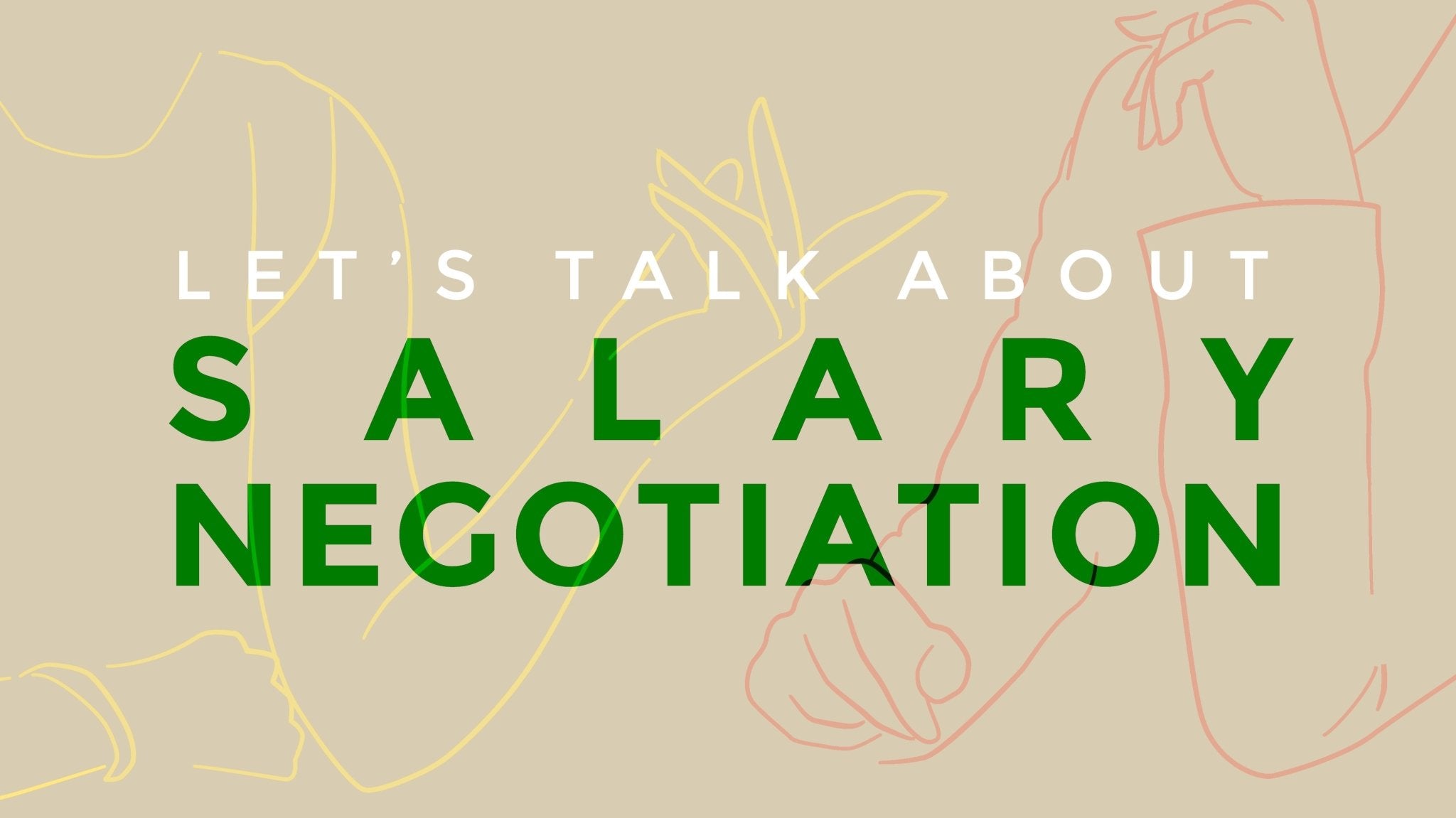The desire of being paid well has universal applicability; everybody aspires to it. Most people would agree that it is always difficult to ask someone to give you more money, even when it is clearly obvious that it is well-deserved. It is an art to know the price to put on performance. As mentioned by pricing consultant Casey Brown, no one will ever pay you what you are worth but rather what they think you are worth. And you control their thinking. Nonetheless, clearly defining and communicating your value can be quite uncomfortable for most people.
Earning what you are worth

Being perceived and valued by your employer and organization is crucial for self-efficacy and intrinsic motivation. Highly efficacious and devoted employees have to be intrinsically motivated. For most individuals in the workforce, value is interpreted and translated in salary. Research in social psychology demonstrates that pay is much more important in people’s actual choices and behaviours than they tend to believe it is. Obviously, money is not the only motivator, nor is it the primary motivator for everyone. However, many studies have shown that salary is an important motivator for most people (Rynes et al., 2004). Different psycho-social factors, such as recognition, validation and fairness, can explain the importance individuals place on salary. It has also been found that promotion aspiration is related to career development and paths. As highlighted by Zhou (2012), promotional aspirations could contribute to stimulate individuals to excel personally and surpass overall performance, conduct or commitment to corporate goals. In other words, pay raises are not only important for personal development and avoidance of stagnation, but can also be highly beneficial for organizations/employers.
Uncertainty of your worth

Yea, it is quite challenging to reflect on your very own worth in monetary terms and assign a dollar value to yourself. One’s salary is often evaluated by the contribution brought to the organization and this very assessment is not perfectly clear-cut across domains. A recent psycho-social study found that for many people equating salary and worth is ambiguous in the absence of concretely quantifiable achievements. Most of the time there is just this gut feeling telling you that you should get paid what you feel you are worth. Although it can be a lengthy process to identify what exactly you bring to the table, defining your value is crucial before entering any kind of negotiation. Let’s admit it, a lot of people like to think “I’d rather let the work speak for itself” rather than to face the distress of salary negotiation.
Distress of negotiation

A lot of fears and negative emotions prevent people from earning what they are worth. Engaging in the process of pay raise request requires a certain level of self-confidence and certainty. Moreover, a particular entitlement to pay becomes highly important in salary negotiation and this assertiveness is not easy for everyone. For example, research has highlighted that perceived discrimination and fear of success shaped perceived chances at promotion. Fear of success can be defined as a mental stress that leads someone to doubt their ability and capacity for achievement. It is intensified by a fear of failure and disappointment. Moreover, the existence of implicit or explicit workplace discrimination can magnify fears of failure or success. These negative emotions undermine self-efficacy, which is defined as one’s ability to succeed in specific situations. Quite obviously, this emotional distress can discourage someone from engaging in salary negotiation. But as we mentioned earlier, everybody wants to be paid well.
This is why it is important to identify, recognize, and praise your own accomplishments at work, whether quantifiable or not. The process of defining your value will allow you to state your worth. There are enough factors in the workplace that will place limits on your ambition and progress, do not be one of them.
Gender differences

Many researchers looked at gender differences in negotiating engagement and patterns in the workplace to explain some promotion inequities. Naturally, salary negotiation requires you to exert some power and influence when making requests. It has been observed that social norms expect women to display higher modesty and selfless attitudes even in the workplace. Psychologist Mary E. Wade argues that in order to be modest, people give credit to others for their own accomplishments and cannot easily ask rewards for themselves. There is a generally permissive attitude regarding men’s assertiveness and the more constraining expectation that women act selflessly. Some studies even demonstrated that women, in comparison to men, underpaid themselves for the same work. Nonetheless, as our modern world is evolving and social norms are shifting, women are starting to distance themselves from gender-linked norms and expectations about appropriate behaviour. It is a collective and individual work to draw attention to women’s accomplishments and contributions in the workplace and reward them justly.
Communicating your value

It is one thing to define your value, it is another to know how to communicate it properly. Pricing consultant Casey Brown suggests starting by expressing what excites you about the work you do and what you love about it. If you connect with that, communicating your value will come naturally. Focusing on serving and adding value will not feel like bragging, nor will it sound like bragging.
A 10-year longitudinal study followed professionals in their career development and observed that sympathy for the negotiation partner and a self-confident/self-conscious attitude is crucial in pay raises discussions. There are a lot of books, tutorials and training out there to maximize your negotiation skills. But it is important to remember that regardless of the techniques of persuasion, you need to genuinely connect with your defined value to have a positive attitude during salary negotiations.
Our Suggestions
Books
-
Negotiating at Work by Deborah M. Kolb and Jessica L. Porter. Considered as a classic and a major reference in salary negotiation, Negotiating at Work gives you insight on the overall process of asking for a raise.
- Fearless Salary Negotiation: A Step‑By‑step Guide to Getting Paid What You’re Worth by Josh Doody. This book breaks down the process of asking for a raise for those of you who need more guidance. It is a great practical tool that suggests specific steps to follow.
-
Never Split the Difference by Chris Voss. Considered a master of negotiation, Chris Voss explains the nature of effective communication in order to get what you want. This book applies to a wide variety of fields and the concepts presented are highly relevant.
* Look up these gems at your local libraries! Scroll down this article for links to help you locate independent bookstores in your area.
Articles with practical guidelines
-
5 things to do before you ask for a raise by Forbes
- How to ask for a raise by The Cut
Tutorials
-
Salary negotiation approach and tips by Lynda Raynier and Jenny Foss
- Salary Negotiations: How to Negotiate Salary: Learn the Best Techniques to Help You Manage the Most Difficult Salary Negotiations and What You Need to Know When Asking for a Raise by Harvard Law School






Leave a comment